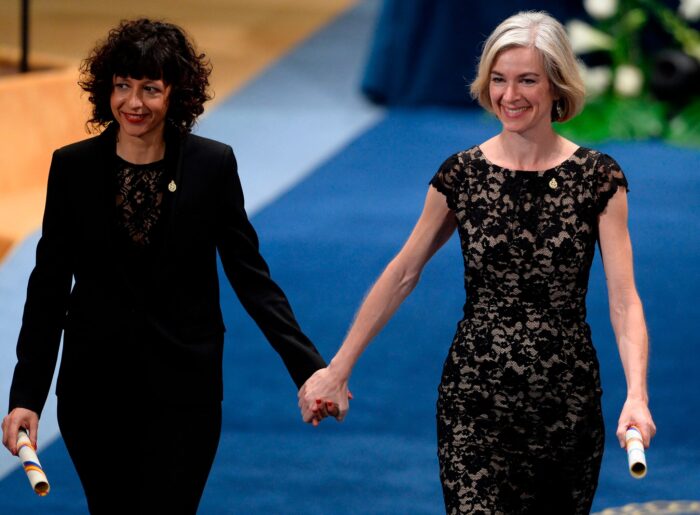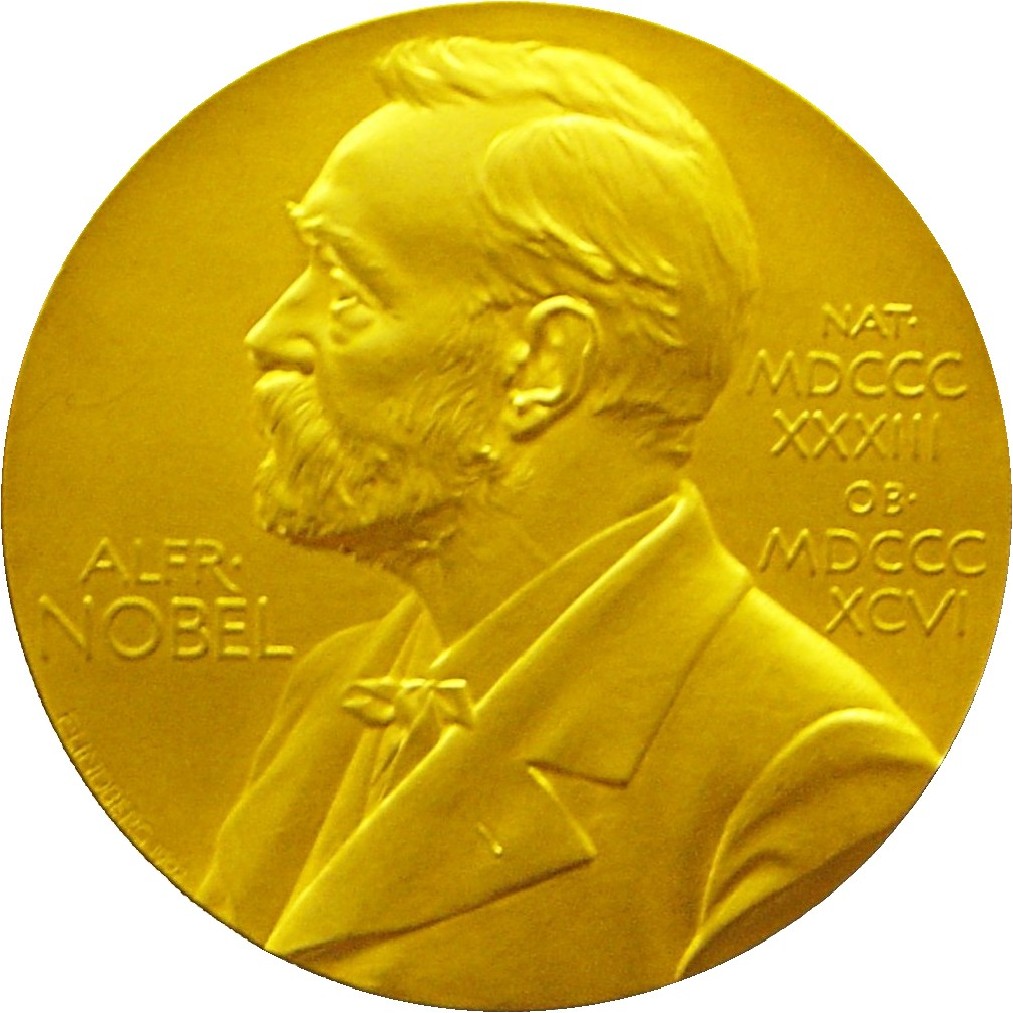
Doudna & Charpentier share the 2020 Chemistry Nobel prize for their work on CRISPR-Cas9. Only 7 women have won the award to date.
Jennifer Doudna and Emmanuelle Charpentier have won the Nobel prize in chemistry this year for their work on CRISPR-Cas9. There work has led to the development of widely used genome editing tools that work in virtually any type of cell. It has already generated therapies for sickle-cell anemia, some cancers and even blindness.
Doudna is a Howard Hughes Investigator at the University of California, Berkeley while, Charpentier is with the Max Planck Unit for the Science of Pathogens in Berlin. There have been over 185 chemistry Nobel prize winners, but before the two won the prize this year, only five had gone to women.
Read the official announcement and learn more about their research here
